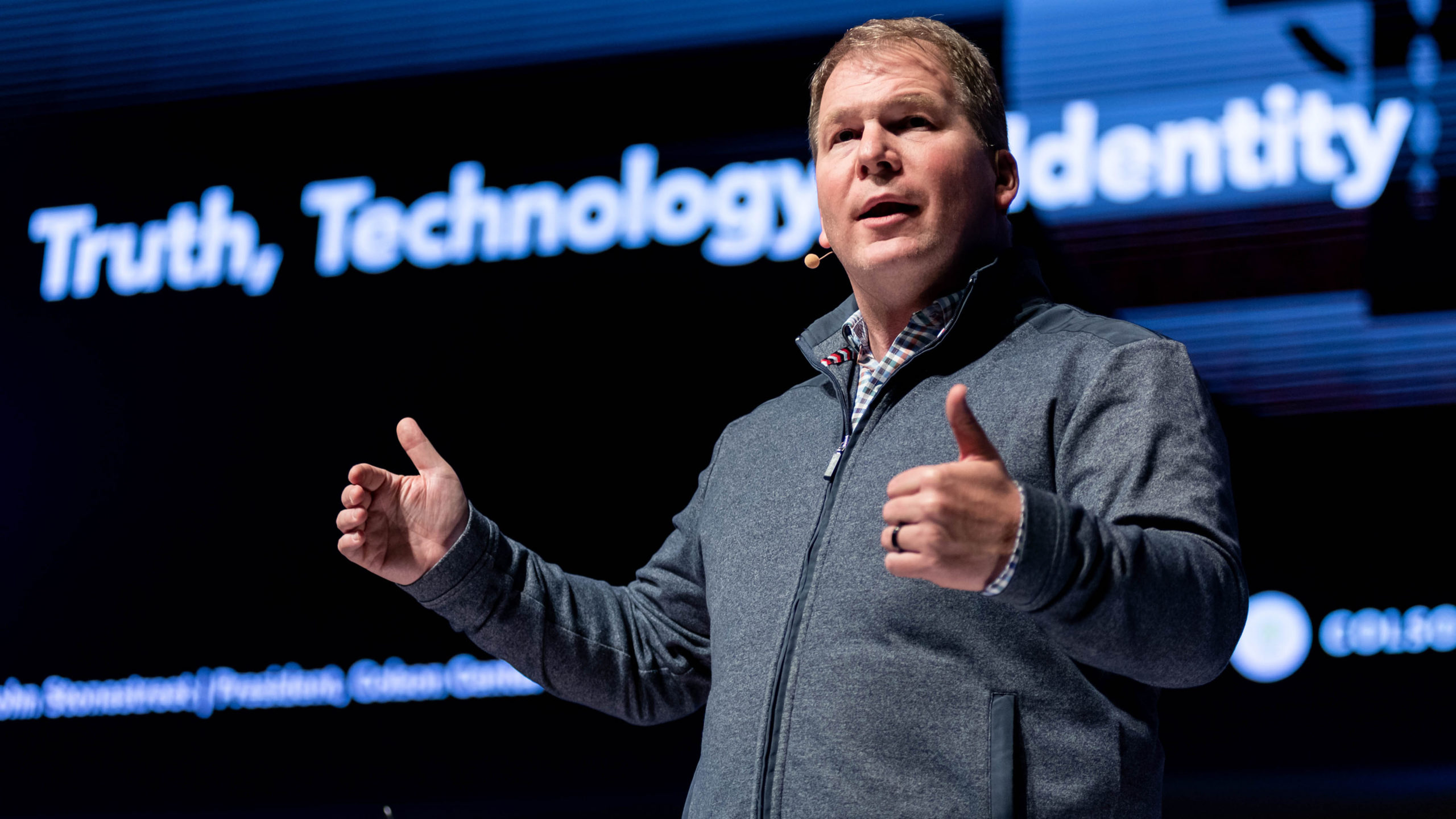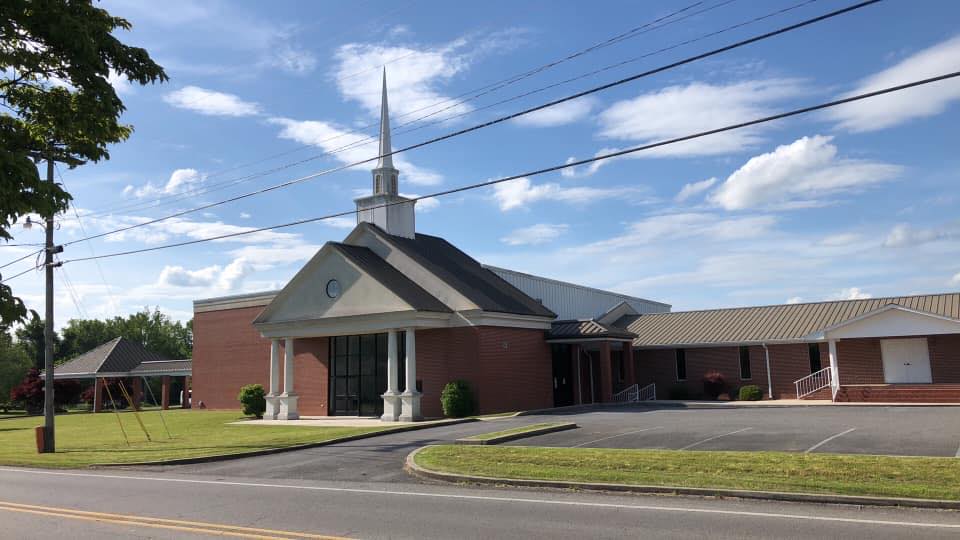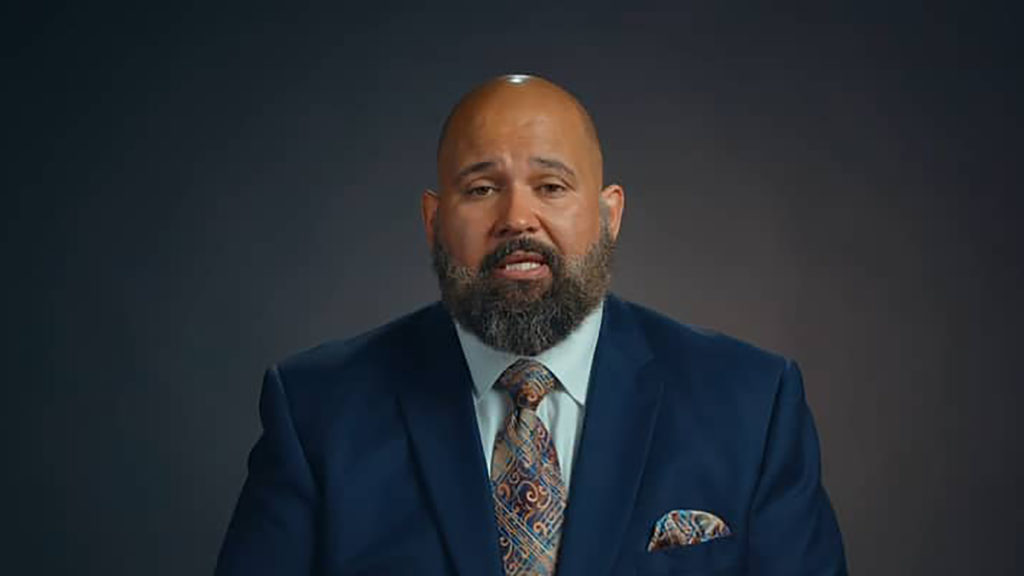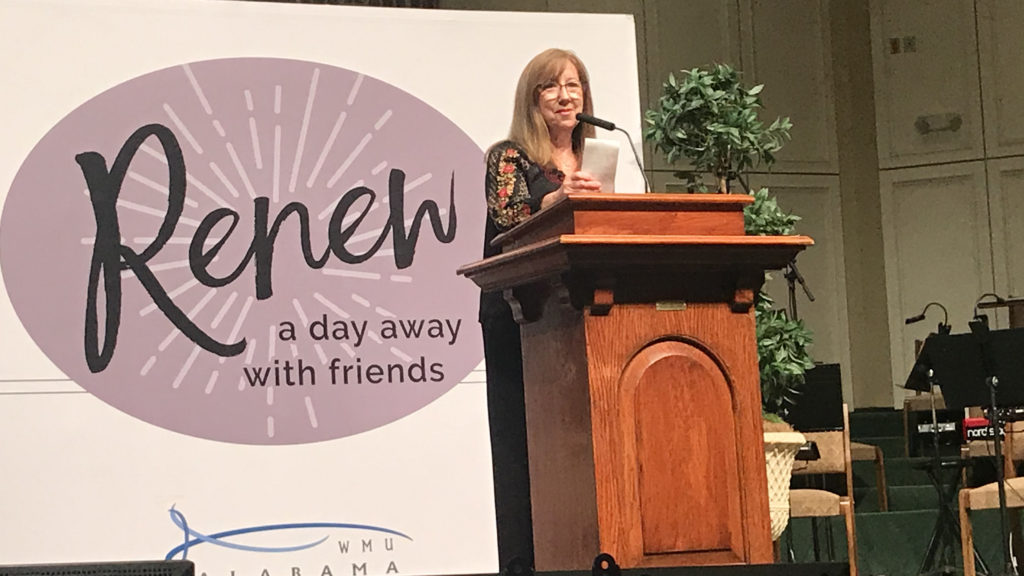Truth, technology and identity are some of the main causes for the generational divide.
How those issues affect the “generation gap” was featured at a seminar at Shades Mountain Baptist Church in Birmingham October 21, and included practical strategies for lessening the divide.
According to the president of the Colson Center for Christian Worldview in Colorado Springs, people from any generation older than Millennials are from a different culture, before computers, smartphones or social media.
“Now things have changed and it feels like we are in a completely different world,” John Stonestreet said. “The children that we are talking about have never known anything else. They aren’t immigrants [in this culture] — they are natives to this cultural moment. Everything that they experience, culturally speaking, is presented to them as just normal.
“There’s a different part of this equation than just sin natures, their own independent thinking — there’s the cultural pressure,” Stonestreet added.
Cultural shifts
Relating cultural shifts with the ocean, he noted that a wave, especially large or unexpected, can flatten a person. Another force is the undercurrent — it’s subtle and can move without the realization it’s happening, but the effect is the same — movement away from the starting point.
“The waves themselves are often the products of undercurrents, that things have shifted and drifted and changed dramatically,” Stonestreet said. “If we just respond to the waves without understanding what creates the waves, then what happens is, to mix my metaphors, you end up playing a game of cultural Whack-A-Mole.
“Christians are doing that all of the time when it comes to culture. This fashion — whack! The iPhone — whack! Harry Potter — whack! One thing after another pops up. What if it was true that these things very often reflect deeper shifts that have taken place in our cultural moment, and if we can understand those, we might be able to get ahead of some of the waves,” Stonestreet wondered.
Answers are easily available through the Internet, and that can be confused with having wisdom, he said. Children are regularly challenged with ideas adults couldn’t imagine hearing at their age. Not only is it the age of information, it is the age of competing ideas and authorities.
“What happens if you take true information and just dump it into an ocean of information?” Stonestreet asked. “It just gets lost; it gets drowned out. You and I are nothing more than one stop on the information bus of the week and it makes an awful lot of stops.
“We have to rethink what happens at our stop,” he continued. “If what happens at everyone else’s stop is that they get hammered with more data, more information, more assumptions, and then they come to us and there’s nothing different happening at our stop, then we’re just getting drowned out by all the noise.”
Questions to ask
Instead of just providing information, Stonestreet noted some questions to ask:
- What do you mean by that?
- How do you know that is true?
- What if you are wrong?
- What if you are right?
- Have you ever considered …?
Another undercurrent within the generations is ever-present technology, with the antidote of relationship, Stonestreet said.
“In an age where relationships are constantly interrupted at every turn … we can make an incredible difference.”
He offered practical suggestions including:
- Arranging uninterrupted time without technology.
- Forcing eye contact when talking.
- Having “sacred spaces,” like the car or dinner table, with no technology allowed.
Identity seems to be the biggest issue with the next generation, Stonestreet asserted. They are in a perpetual identity crisis, and he suggested that believers need to explore the theology of what it means to be human. Teaching “who they are” is more important than telling them “how to behave,” he said, and with the culture talking constantly about identity, “we have to get ahead of the curve.”
“You don’t have a choice,” Stonestreet declared. “You can’t choose a different culture to raise them in. God chose this one for you.
“The challenge of the moment for the Christian is not the ‘what.’ It’s the ‘when’ and the ‘where.’ The ‘what’ doesn’t change — that Jesus Christ is risen from the dead.”’
For more information about the Colson Center for Christian Worldview visit www.colsoncenter.org.






Share with others: